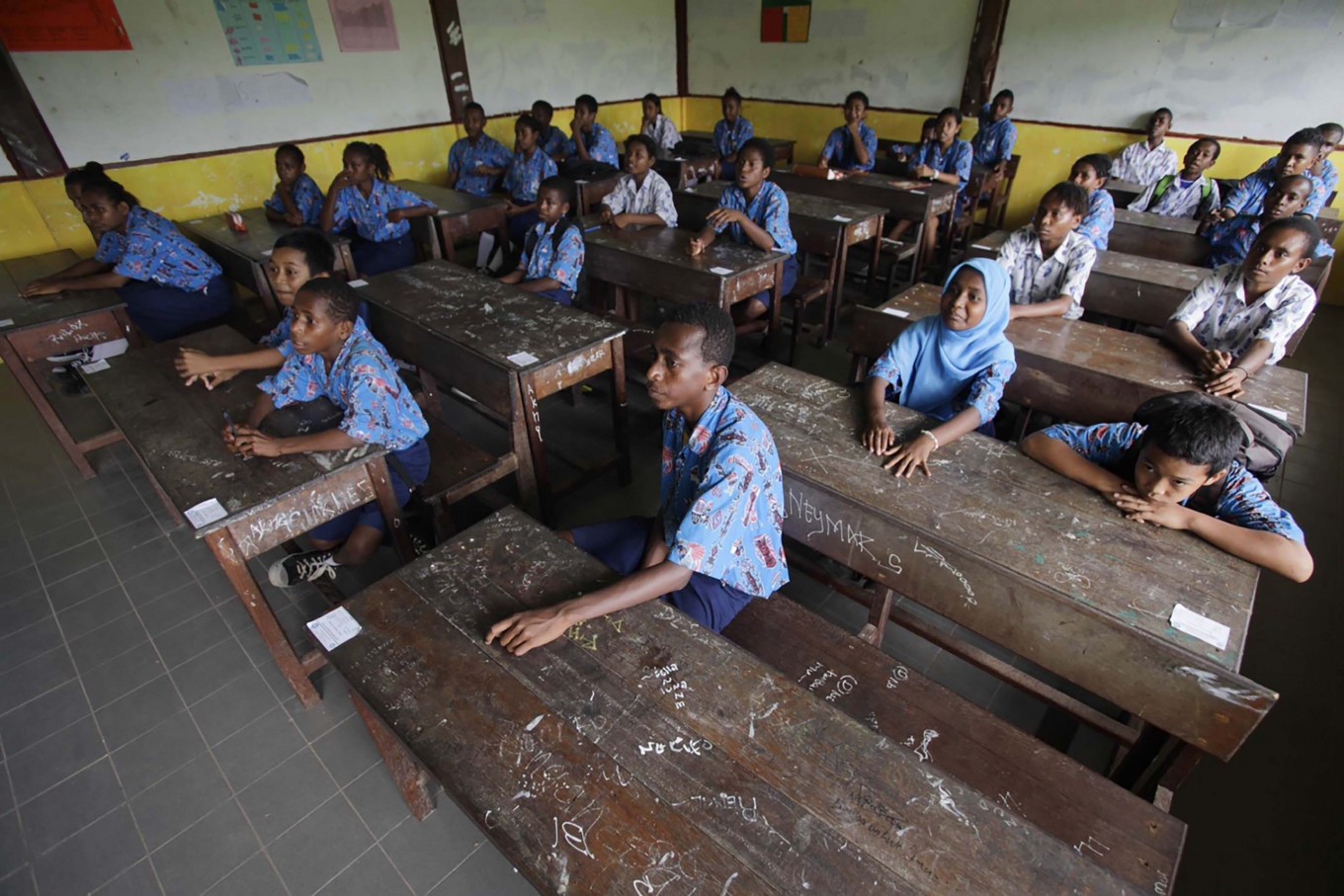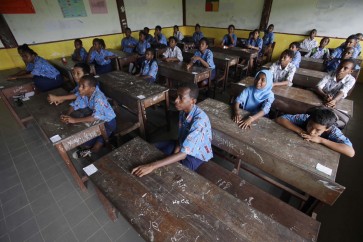Popular Reads
Top Results
Can't find what you're looking for?
View all search resultsPopular Reads
Top Results
Can't find what you're looking for?
View all search resultsPublic services still beyond reach for marginalized groups in remote regions: Ombudsman
The Indonesian Ombudsman says marginalized groups and people living in remote regions are often unable to avail themselves of public services.
Change text size
Gift Premium Articles
to Anyone
T
he Indonesian Ombudsman says marginalized groups and people living in remote regions are often unable to avail themselves of public services, according to a report presented in Jakarta on Thursday.
The word “marginalized” mentioned by the Indonesian Ombudsman refers to underdeveloped or extremely underdeveloped villages, the disabled community, indigenous peoples and religious minorities.
The report, titled “The Portrait of Public Services in the Regions and Among Marginalized Groups”, says these groups are unable to access public services because of natural obstacles, such as poor roads in forested terrain, low social-economic standing or unfair public policies that fail to address the complex situation and needs of these communities.
The research underpinning the report was conducted in remote and economically underdeveloped regions.
Ahmad Suadi, a member of the Indonesian Ombudsman, cited as an example the Village Funds program, which he claimed had failed to address the needs of villages.
“Underdeveloped villages and developing villages receive the same amount of funding. For developing villages, the funds will be used to improve infrastructure, transportation or telecommunication. Meanwhile, the underdeveloped ones don’t even have proper roads to begin with. This will create further gaps and doesn’t address the issue,” he said at the event to publish the report.
Ahmad also pointed out that special access needed to be given to religious minorities, such as the Shia and Ahmadiyah, as they had been subject to discrimination and rejection because of their religious identity.


















